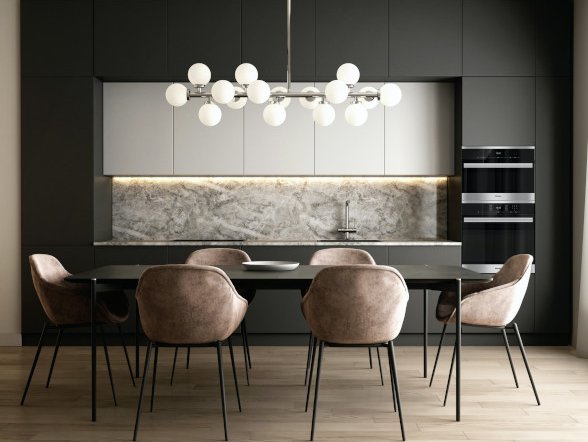
Before Installation
You want a problem-free installation and, to help ensure it, here’s a checklist of things to do before the installer arrives.
Make sure you know who’s removing your existing flooring. If you wish, the installer will do it. If not, you should make arrangements to have it removed.
Who’s moving the furniture? Decide in advance if you want to take on the responsibility or if you want the installer to handle it. Either way, be sure to remove all fragile items from the room.
In general, your laminate should run parallel to windows or, in narrow rooms, to the longest wall.
Measure door clearances before you have your laminate installed. If the new floor is thicker than your existing floor, door bottoms may rub. Plan in advance to have someone shave or saw the correct amount off the bottom of each door so it does not drag.
Paint first. If you’re planning to paint, wallpaper, or do any other remodeling in the room, it’s best to do it before your laminate is installed. Keep extra paint to touch up any post-installation nicks.

During Installation
To make your laminate look good now and for a long time to come, proper installation is critical. Here’s the procedure an experienced installation professional will follow:
- Current flooring: Laminate can be installed directly over some existing floors, but others will have to be removed first. Your professional installer will know the proper procedure, as well as how to make the floor level and smooth.
- Moisture testing: Your installer will check for moisture in the subfloor to prevent later problems with buckling or cupping.
- Installation: Using the appropriate tools, the installer will cut and place the planks or tiles, maintaining a gap around the floor’s perimeter to allow for expansion.
- Room shape: A professional will know how to handle any challenges caused by room irregularities and odd or tight spaces, like cabinetry or a kitchen island.
It’s a good idea to check with us directly to find out if there are other actions we recommend before installation. And we can also help you choose a highly skilled professional installer. Just call a member of our friendly sales staff.

